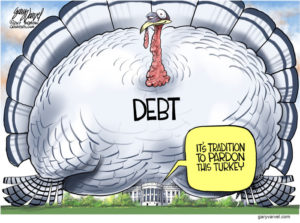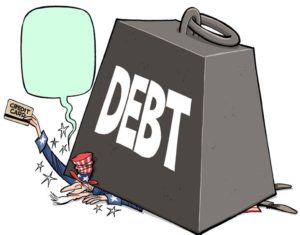How to reduce risk in bond trading
 Bond trading involves buying and selling debt securities, typically for investment purposes. The debt securities are issued by government entities or large corporations that use bond proceeds to finance operations or other projects. Bondholders lend money to these entities in exchange for a fixed rate of return over a set period.
Bond trading involves buying and selling debt securities, typically for investment purposes. The debt securities are issued by government entities or large corporations that use bond proceeds to finance operations or other projects. Bondholders lend money to these entities in exchange for a fixed rate of return over a set period.
As with any investment activity, bond trading carries an element of risk. To reduce risk when investing in bonds, investors should conduct thorough research into the issuer and its industry before making an investment decision and carefully consider their financial goals and needs.
Bond trading is an important activity in the financial markets, as it helps investors manage and diversify risk. However, due to the inherent complexity of bond trading, there are several risks associated with it that need to be managed. This article will discuss various strategies for reducing risk in bond trading.
Diversification
The first strategy for mitigating risk is diversification. By diversifying your portfolio of investments across different asset classes, you can spread your risk and reduce volatility. For example, by investing in both government and corporate bonds, you can reduce the overall riskiness of your portfolio by having only some of your eggs in one basket. Furthermore, you can diversify within each asset class by investing in bonds of different maturities, ratings, and issuers.
Hedging strategies
Another way to reduce risk in bond trading is to use hedging strategies. Hedging involves entering into a financial transaction that reduces the exposure of an investment portfolio to market volatility and downturns. For example, investors can hedge their investments by buying put options on bonds or derivatives linked to them. By doing so, they can limit potential losses should the bond market fall sharply in value.
Credit rating analysis
Investors should also analyse credit ratings before investing in bonds, helping them assess the riskiness of a particular issuer’s debt obligations and whether or not they are likely to be honoured. Credit rating firms such as Moody’s and Standard & Poor’s provide ratings on bonds, and investors should compare the ratings of different issuers before investing.
Stop-loss orders
Stop-loss orders are another valuable strategy for reducing risk in bond trading. These orders allow investors to set a price at which their positions will be closed automatically if the asset falls below this price. Using these orders, investors can limit potential losses due to market volatility or adverse economic conditions.
Rebalancing your portfolio
Finally, it is also important to periodically rebalance your portfolio of investments, which involves selling off some holdings and buying others according to predetermined guidelines to maintain an optimal balance and reduce risk. Rebalancing allows investors to adjust their portfolios to changing market conditions and reduce their overall risk exposure.
Use a broker
Finally, it is also advisable for investors to use a qualified broker when trading bonds. A good broker can provide valuable advice and guidance on which investments best suit an investor’s needs and help them navigate the complex bond markets. By using a reputable broker or investment advisor, investors can ensure that their bond trading activities follow prudent investment practices and thus reduce their chances of suffering losses due to market volatility or other factors.
How to get started trading bonds in the UK?
If you want to start trading bonds in the UK, it is essential to understand the risks involved and choose a qualified broker or investment advisor who can provide expert advice. Furthermore, you should also ensure that your portfolio is diversified across different asset classes and issuers, use hedging strategies where appropriate, analyse credit ratings before investing, set stop-loss orders as necessary, and monitor your investments regularly. Following these steps will help to reduce risk when bond trading.
The final word
Reducing risk in bond trading requires understanding the markets’ underlying dynamics. By employing effective strategies such as diversification, hedging, credit rating analysis and rebalancing one’s portfolio regularly, investors can limit the potential losses they may incur. Furthermore, they should use a reputable broker to provide expert advice and guidance when trading bonds. By following these steps, investors can reduce their chances of suffering losses due to market volatility or other factors.
















